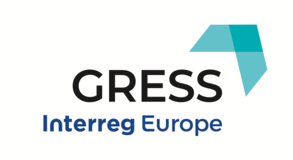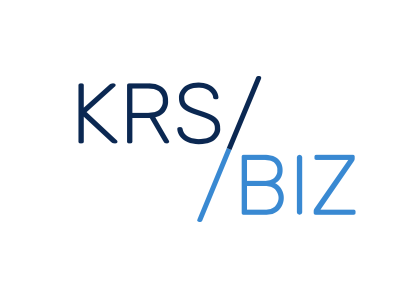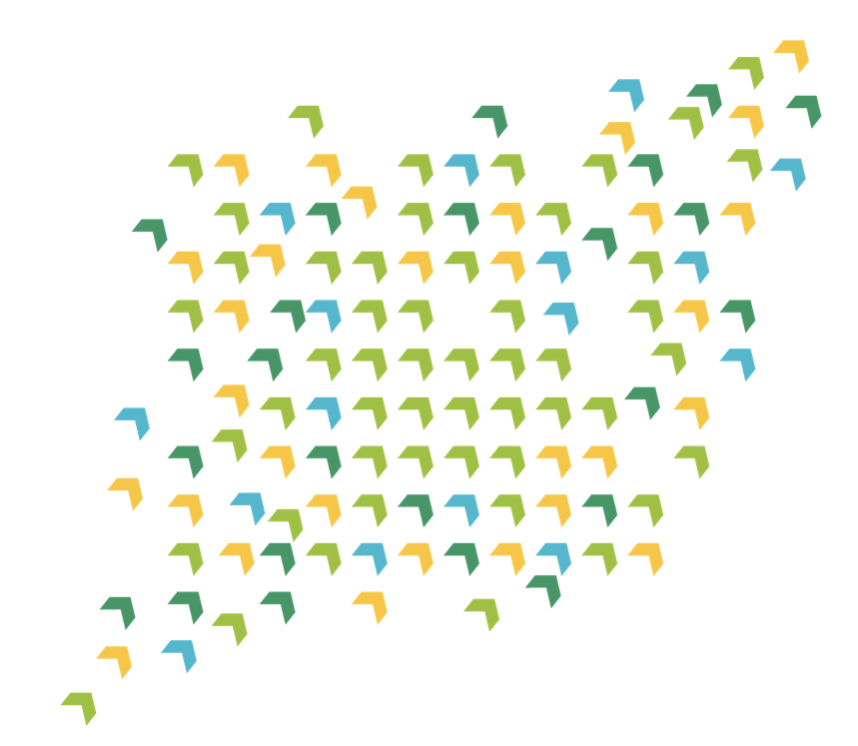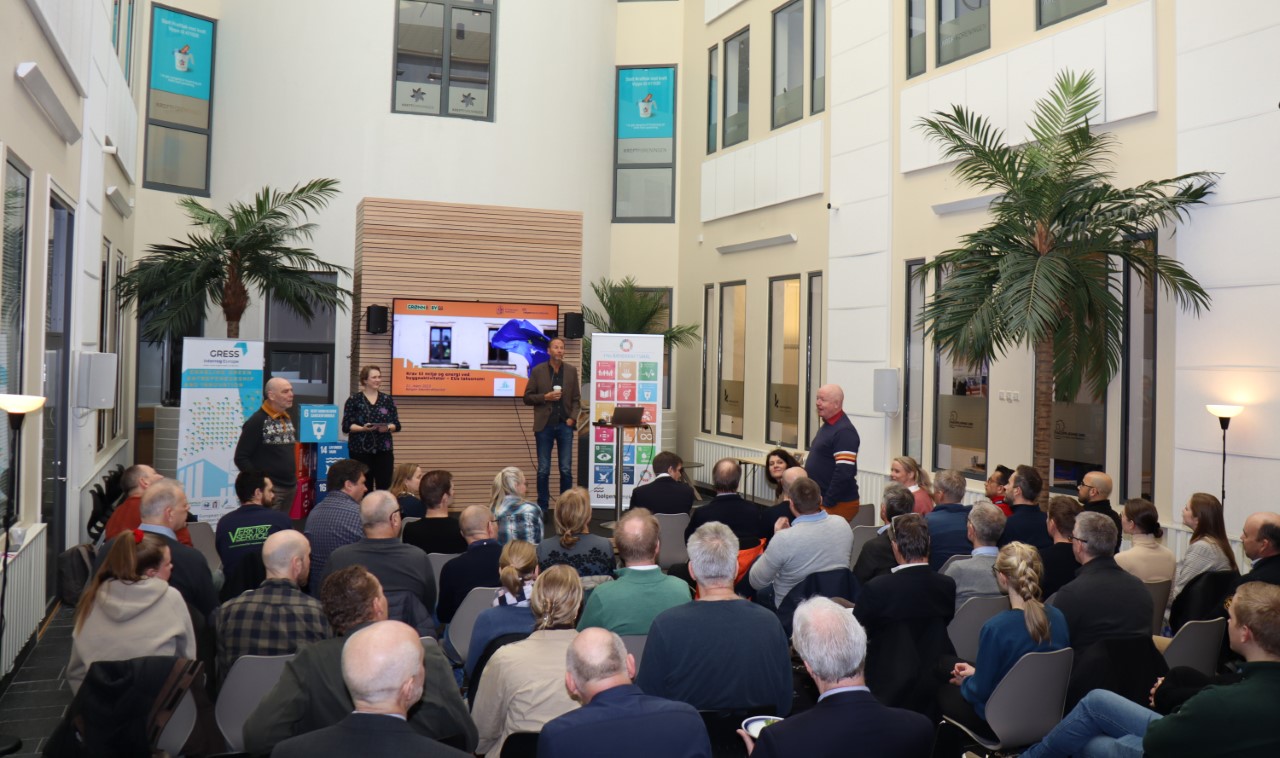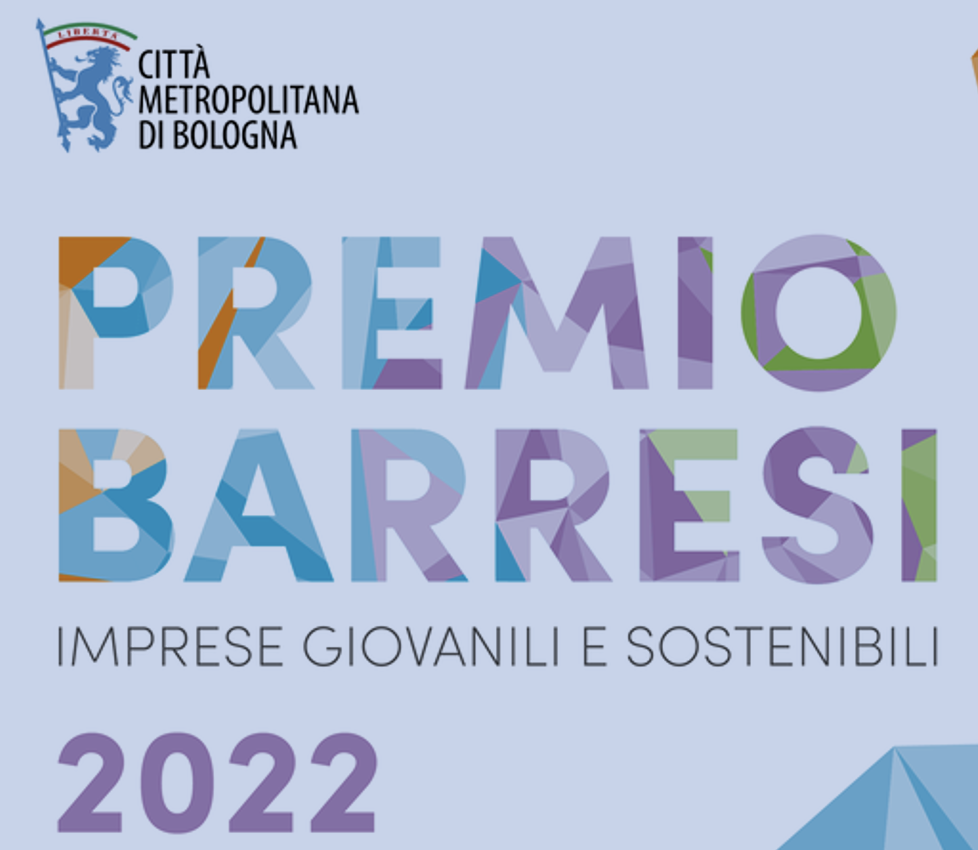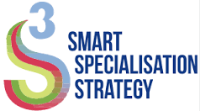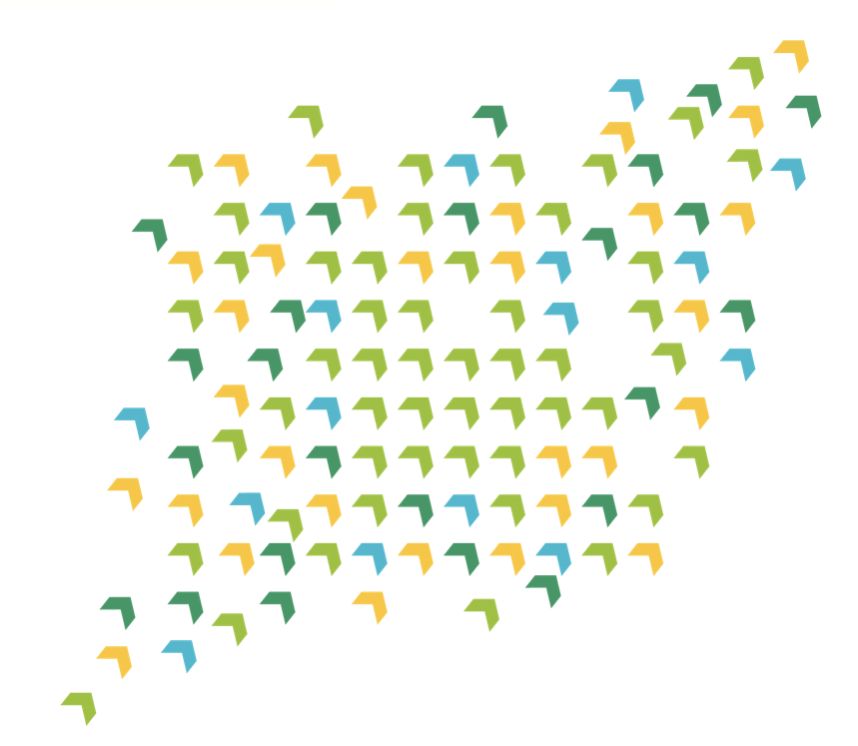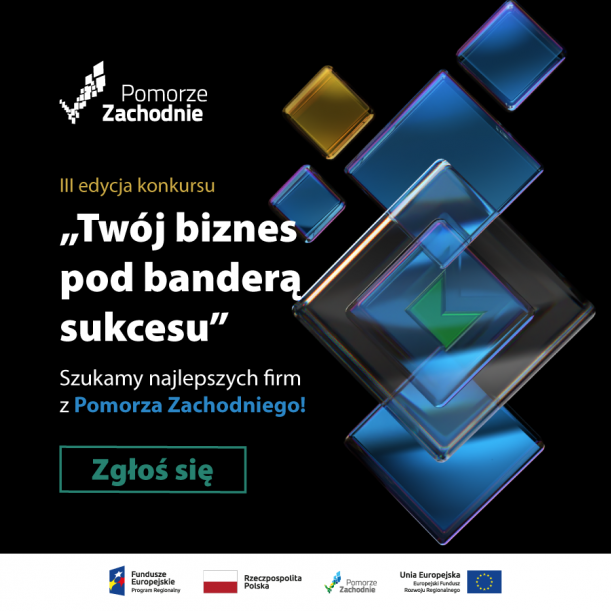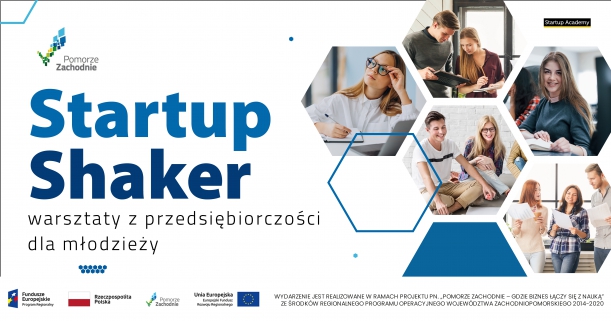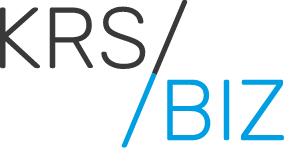The Bulgarian Smart Specialization Strategy is approved and unlocks significant funding for SME competitiveness and twin transition
In December 2022, the Council of Ministers of Bulgaria approved the country's Smart Specialization Strategy (S3) 2021-2027. After a few turbulent years of preparation due to political instability and a continuous government election cycle, Bulgaria finally has the S3 in place, which means a lot for the Bulgarian industrial, research and innovation ecosystems.
What are the priorities and the regional dimension?
S3 2021-2027 is the first smart specialization strategy to adopt "Clean technology, circular and low-carbon economy" as both horizontal and vertical priority.
In practice, investments in circular and clean technologies will be favored throughout the entire country territory along with the smart specialization of the region in some of the other four priority thematic areas – Informatics and ICT; Mechatronics; Industries for a healthy life, bioeconomy and biotechnology; New technologies in the creative and recreative industries.
It is expected that such a move can give a significant push to adopt innovative technologies with positive environmental impact - much needed in the country with the most resource-intensive economy in the EU.
Additionally, the new S3 introduces regional specialization at the NUTS III level. This allows for more granulated specialization based on the particular strengths of the regions, which is extremely important for countries such as Bulgaria, which has a small population but significant socio-economic diversity. In 2014-2020, the specialization was done on NUTS II.
Why is the S3 2021-2027 crucial to industrial, research and innovation ecosystems?
S3 2021-2027, similar to the Strategy from the previous programming period, is one of the national documents that coordinates several stakeholder groups crucial in innovation development – industry, research and entrepreneurs.
Therefore S3 2021-2027 acts as a baseline document for several other strategies that impact the country's economic and regional development, such as the National Strategy for SME 2021-2027 and the Strategy for development of industrial zones.
On top of that, the S3 2021-2027 will unlock more than 2,5 billion EUR of funding for the industry, research and entrepreneurs through two major programmes of the structural funds – Programme "Innovation and Competitiveness in the Enterprises" 2021-2027 and Programme "Scientific Research, Innovation and Digitalization for Intelligent Transformation" 2021-2027.
The main objectives of both programmes will be to boost the faster and more efficient uptake of innovative technologies in the economy by taking both the industrial and the research angles.
Again, irrespective of the smart specialization, the efforts will be devoted to the massive uptake of clean, circular and low-carbon technologies in diverse industries and sectors.
What comes next?
At the start of 2023, all programmes of the structural funds are approved, which means that a significant amount of funding will be made available for the beneficiaries in Q1 and Q2. The main criteria for allocating resources to the projects will be the alignment with the priority thematic areas from S3 2021-2027 and especially with "Clean technology, circular and low-carbon economy".
